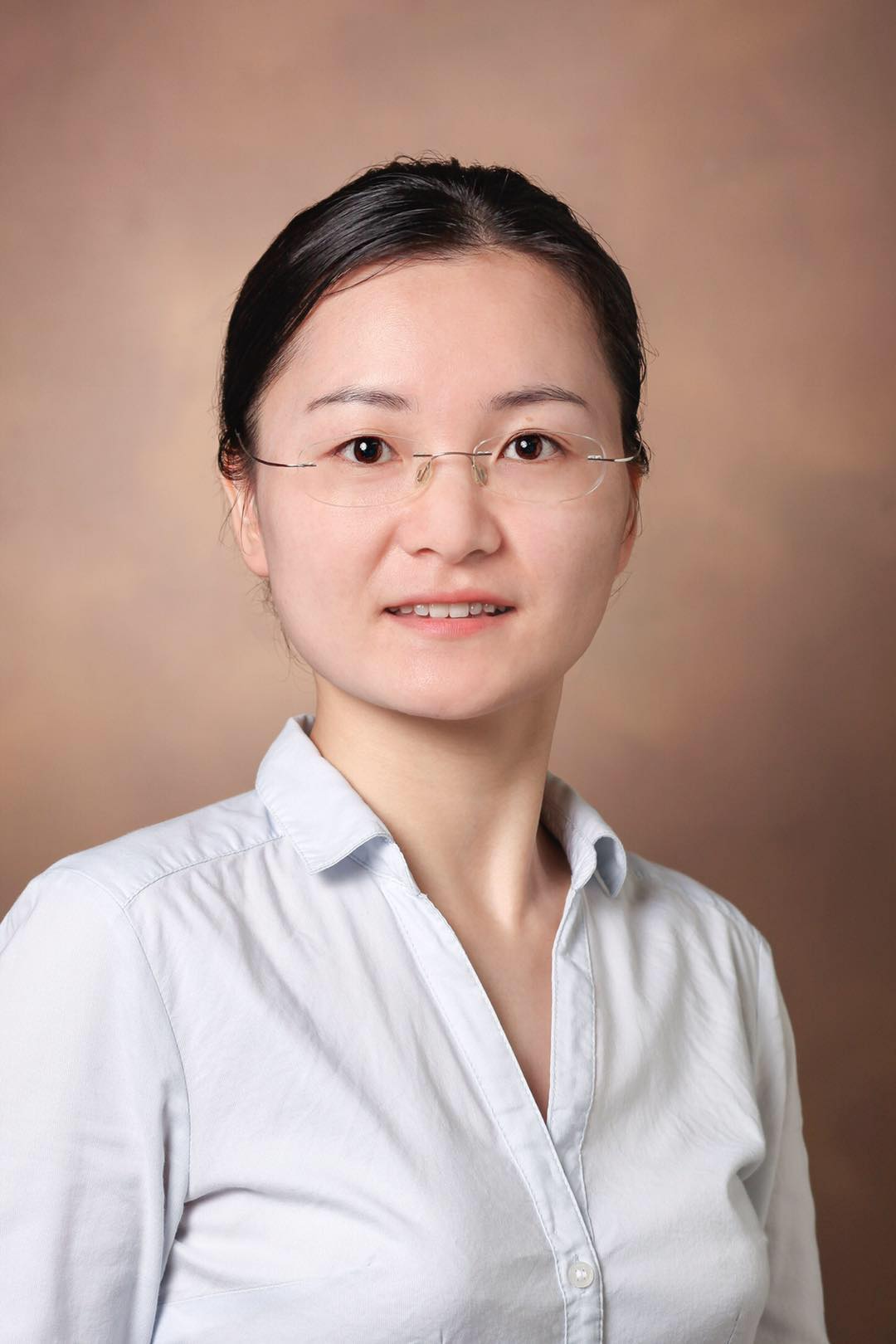You are here: Vanderbilt Biostatistics Wiki>Main Web>Seminars>WednesdaySeminarSeries>JingYang12142022 (08 Dec 2022, CierraStreeter)EditAttach
Biostatistics Weekly Seminar
Pan-cancer immunogenomic analysis
Jing Yang, PhD
Postdoctoral Fellow Center for Quantitative Sciences Vanderbilt University Medical Center
 A low response rate is the major challenge for existing immune checkpoint blockade (ICB)-based cancer immunotherapies. A number of biomarkers have been reported to be associated with the likelihood of patient responses to ICB, including the expression of target ligands such as PD-L1, co-inhibitory receptors such as PDCD1, tumor mutational burden (TMB), tumor infiltration lymphocytes, T cell repertoire. However, these biomarkers showed variable performance in different cohorts. And most published signatures were only evaluated on limited cohorts and showed ungeneralizable performance across different cohorts. In addition, establishing a cohort with adequate sample size requires multiple years of multi-center efforts. Therefore, it is still a lack and a challenge for evaluation of efficacy of known biomarkers and the discovery of new signature(s) in a large-scale study. Here we developed Cancer-Immu to prioritize genomic features associated with ICB response, containing 3,652 samples for 16 cancer types. Cancer-Immu provides two analysis strategies, meta-analysis and pan-cancer analysis. Meta-analysis reveals consistent signatures across multiple tumor/study cohorts, while pan-cancer analysis enhances our ability to detect and analyze rare features by aggregating samples across cohorts/tumor types. Furthermore, Cancer-Immu enables linking dynamic features with immunotherapy response. Cancer-Immu also allows users to upload and analyze their own data independently or to co-analyze with existing data simultaneously. Based on these data and methods, we not only identified known features such as TMB, IFNG, PDCD1 and LAG3 expression, but also novel biomarkers such as proportions of M1 macrophage, expression of IL21, ZBED2, CCL19, CTL pathway and CXCR3 binding pathway. Multiple genes and pathways related to ICB response are involved in macrophage activity, T cell cytotoxicity and recruitment, suggesting the potential role of interaction between T cells and macrophages in cancer immunotherapy. Single-cell RNA sequencing confirmed that IFNG from T cells induced IRF1 expression of M1 macrophage, TAM, and tumor, promoting T cell chemo-attractants CXCL10 and/or CXCL11 secretion in those cells. The secretion of CXCL10/11 further recruited T cells and enhanced anti-tumor immunity through CXCR3-CXCL10/11 axis. Overall, Cancer-Immu provides a comprehensive resource for identifying predictive genomic features of immunotherapy response, and presents an easy way for known biomarker assessment, novel signature discovery, and signature-of-interest validation.
A low response rate is the major challenge for existing immune checkpoint blockade (ICB)-based cancer immunotherapies. A number of biomarkers have been reported to be associated with the likelihood of patient responses to ICB, including the expression of target ligands such as PD-L1, co-inhibitory receptors such as PDCD1, tumor mutational burden (TMB), tumor infiltration lymphocytes, T cell repertoire. However, these biomarkers showed variable performance in different cohorts. And most published signatures were only evaluated on limited cohorts and showed ungeneralizable performance across different cohorts. In addition, establishing a cohort with adequate sample size requires multiple years of multi-center efforts. Therefore, it is still a lack and a challenge for evaluation of efficacy of known biomarkers and the discovery of new signature(s) in a large-scale study. Here we developed Cancer-Immu to prioritize genomic features associated with ICB response, containing 3,652 samples for 16 cancer types. Cancer-Immu provides two analysis strategies, meta-analysis and pan-cancer analysis. Meta-analysis reveals consistent signatures across multiple tumor/study cohorts, while pan-cancer analysis enhances our ability to detect and analyze rare features by aggregating samples across cohorts/tumor types. Furthermore, Cancer-Immu enables linking dynamic features with immunotherapy response. Cancer-Immu also allows users to upload and analyze their own data independently or to co-analyze with existing data simultaneously. Based on these data and methods, we not only identified known features such as TMB, IFNG, PDCD1 and LAG3 expression, but also novel biomarkers such as proportions of M1 macrophage, expression of IL21, ZBED2, CCL19, CTL pathway and CXCR3 binding pathway. Multiple genes and pathways related to ICB response are involved in macrophage activity, T cell cytotoxicity and recruitment, suggesting the potential role of interaction between T cells and macrophages in cancer immunotherapy. Single-cell RNA sequencing confirmed that IFNG from T cells induced IRF1 expression of M1 macrophage, TAM, and tumor, promoting T cell chemo-attractants CXCL10 and/or CXCL11 secretion in those cells. The secretion of CXCL10/11 further recruited T cells and enhanced anti-tumor immunity through CXCR3-CXCL10/11 axis. Overall, Cancer-Immu provides a comprehensive resource for identifying predictive genomic features of immunotherapy response, and presents an easy way for known biomarker assessment, novel signature discovery, and signature-of-interest validation.
Zoom (Link to Follow)
14 December 2022
1:30pm
Speaker Itinerary
Edit | Attach | Print version | History: r3 < r2 < r1 | Backlinks | View wiki text | Edit wiki text | More topic actions
Topic revision: r3 - 08 Dec 2022, CierraStreeter
 Copyright © 2013-2022 by the contributing authors. All material on this collaboration platform is the property of the contributing authors.
Copyright © 2013-2022 by the contributing authors. All material on this collaboration platform is the property of the contributing authors. Ideas, requests, problems regarding Vanderbilt Biostatistics Wiki? Send feedback
